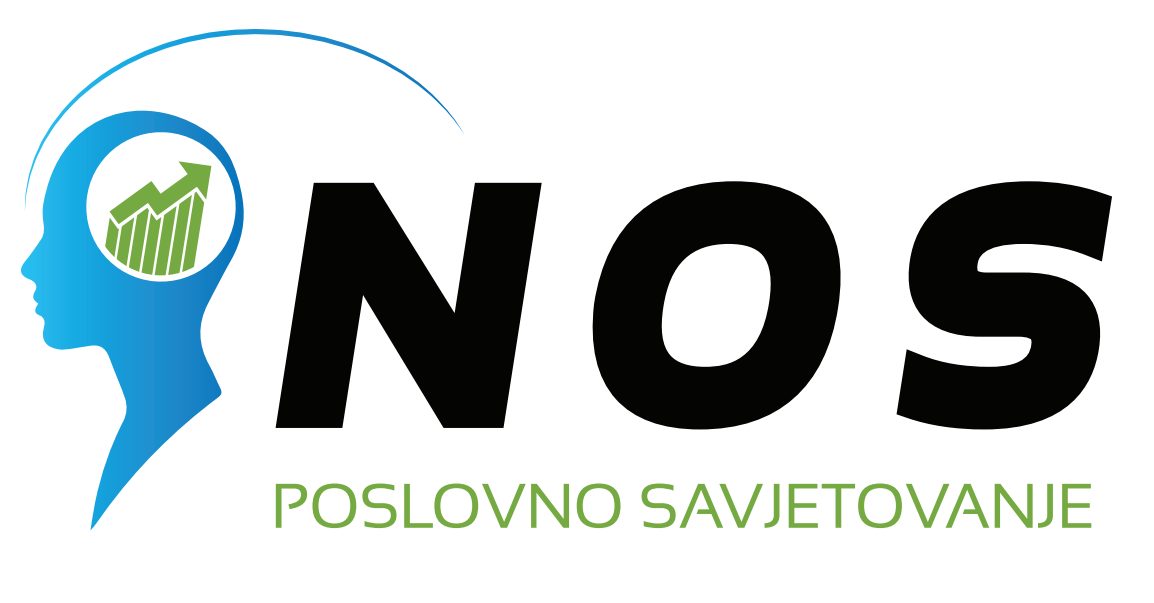Introducing AI Tools into Business
In the current rapidly growing digital age, the success of a business heavily relies on the ability to provide fast and high-quality services to existing and potential clients. Every organization should strive towards the digitalization of its operations and the implementation of new technologies. One of these technologies is artificial intelligence, also known as AI.
The goal of artificial intelligence is to create computer systems that can understand and interpret data in a manner similar to human thinking. The advancement of this technology opens up possibilities for developing systems that can address queries, enhance productivity, and optimize processes.
Introducing AI tools into business can bring numerous advantages, and such tools can be crucial for your operations in the digital age.

Business Areas
Business Areas Where AI Tools Can Be Implemented:
1.Customer Support:
AI tools can alleviate the workload of your support team, enhance the customer experience, and increase user satisfaction. They can handle customer support tasks by responding to common questions and issues.
Programmed to recognize frequently asked queries, AI tools provide quick and accurate responses, reducing the burden on human customer support agents. They can also be programmed to redirect users to the appropriate department based on their specific inquiry, reducing wait times and improving customer satisfaction. It’s important to note that while AI tools can be beneficial, human oversight is crucial for complex or sensitive queries.
2. Content Generation:
AI tools, based on provided product information, features, and benefits, can generate product descriptions. Utilizing AI tools ensures uniform, appealing, and information-rich product descriptions for catalogs or online stores.
For marketing materials targeting specific audiences, AI tools can assist in generating content such as flyers, ad copy, or social media posts. They provide suggestions and guidelines for research, accelerating the content creation process while maintaining a consistent tone and quality across all published content. AI tools can also aid in crafting SEO-friendly headlines, crucial for attracting web traffic and improving search engine rankings.
3. Translation:
Language barriers often pose challenges when expanding business globally. AI tools can assist in translating websites, marketing posts, product descriptions, and usage instructions into multiple languages, making the business more accessible to new clients.
4. Market Research:
To position a company effectively in the market or maintain competitiveness, market research is essential. AI tools can assist in both primary and secondary market research.
For primary research, AI tools can generate survey questions and email messages sent to customers from whom feedback is sought. For secondary market research, AI tools can quickly search and collect information on trends, statistics, competition, target demographics, and other crucial data influencing informed business decision-making. After gathering relevant information, AI tools can aid in analyzing new data.
5. Employee Training:
Training new and existing employees is crucial for business success. AI tools can be used for simulating scenarios and situations employees may encounter during their tasks, enhancing problem-solving skills.
AI tools can simulate client interactions, allowing employees to engage in real-world situations and develop problem-solving skills. They can also provide access to a knowledge base containing frequently asked questions and specific problem-solving steps. If employees encounter challenges, they can use the AI tool to access the knowledge base and find answers more quickly than seeking help from colleagues or supervisors. Additionally, AI tools can test employees’ knowledge and skills, providing feedback on areas that need improvement.
6. Administration:
AI tools can automate responses to common user queries, such as inquiries about working hours or contact information. This automation frees up administrative staff’s time for more complex tasks.
Analyzing and summarizing data, AI tools can generate reports necessary for administrative purposes, such as monthly sales reports, cost analyses, or inventory status reviews. By simplifying administrative tasks and expediting reporting processes, AI tools contribute to operational efficiency.
In schedule organization, AI tools can facilitate the planning of meetings, events, and obligations. Employees can use AI tools to book appointments, check availability, and set reminders.

Steps in Implementing AI Tools
Our team at NOS LLC can assist you in selecting the most suitable AI tool for your business, contributing to increased competitiveness in the market and enhancing customer satisfaction. After conducting an initial analysis of your business and understanding your goals, we will help you make the best decision for your organization and guide you through the implementation of AI tools in your work environment following these steps:
1. Explore Possibilities:
Research available AI tools in the market and understand their capabilities. Select the right tool based on the individual needs of your company.
2. Goal Definition:
Clearly define the goals your company aims to achieve through the implementation of AI tools in its operations.
3. Implementation and Customization:
Adapt AI tools to fit the company’s needs, establish specific rules and guidelines to align the tools with the company’s requirements. Ensure proper integration with other systems and the correct transmission and processing of data.
4. Testing and Monitoring:
Before deploying AI tools into the work environment, conduct thorough testing. Pose various queries to assess the accuracy and quality of responses. Maintain ongoing monitoring to ensure that the tools deliver desired results and meet the company’s expectations and goals.
5. Employee Training:
Provide training and education for employees using AI tools. Through effective education, employees can maximize the benefits of AI tools, contributing to the company’s progress.
6. Continuous Optimization:
By monitoring feedback from customers and employees and analyzing results, continuously improve and optimize AI tools. Regularly update the system, incorporating new versions and expansions to ensure optimal performance.

NOS d.o.o., a business consulting company, can assist its clients in implementing AI tools based on the following steps. Firstly, the company will conduct research to identify the most suitable tools in the market, considering the individual needs of each client. Subsequently, in collaboration with the client, clear goals for implementing AI tools in the business will be defined. We will engage in customizing AI tools to meet the specific requirements of the client, ensuring that the tools communicate effectively with other systems and process data correctly. Before deployment into the work environment, AI tools will undergo thorough testing to ensure the accuracy and quality of responses.
NOS d.o.o. will also provide training and education for employees to ensure effective use of AI tools. Through continuous monitoring and optimization based on feedback from clients and employees, the company will ensure that the tools deliver better results over time. Through all these steps, NOS d.o.o. will help its clients successfully implement AI tools into their business, maximizing benefits and minimizing potential risks.
Contact Us
Need help?
Feel free to contact us. We will contact you as soon as possible.
info@nos.hr
+385 01 64-385-64
